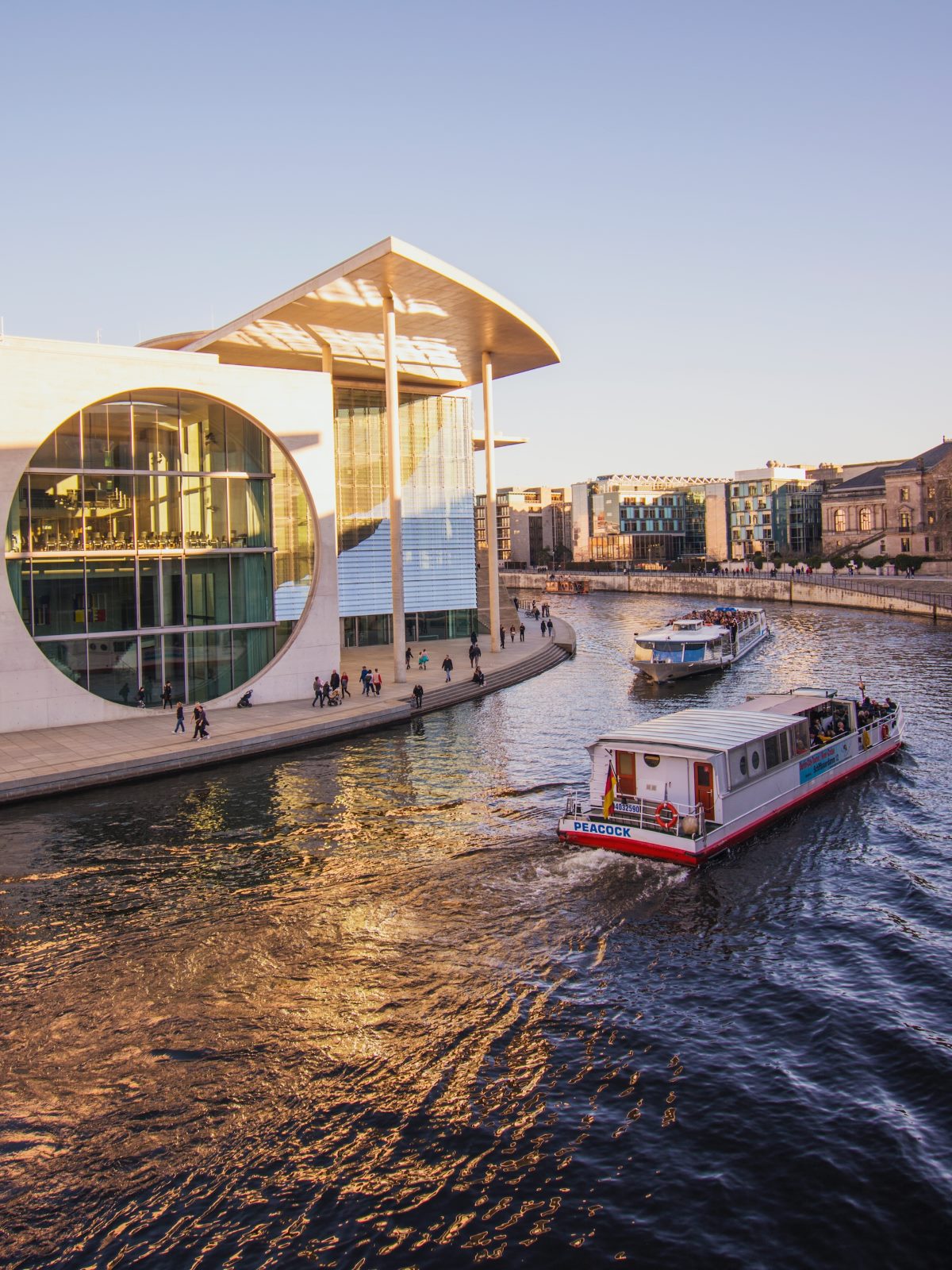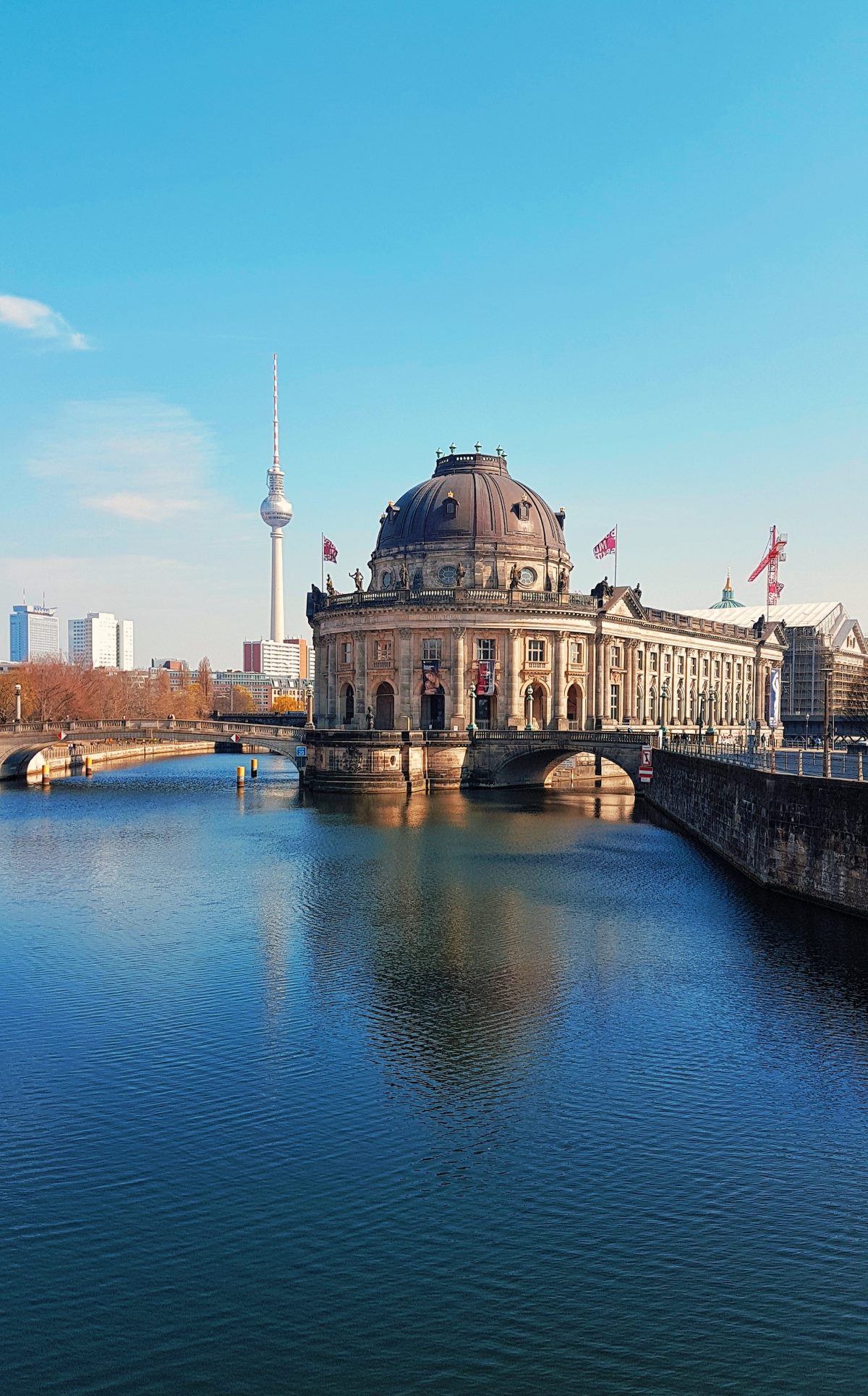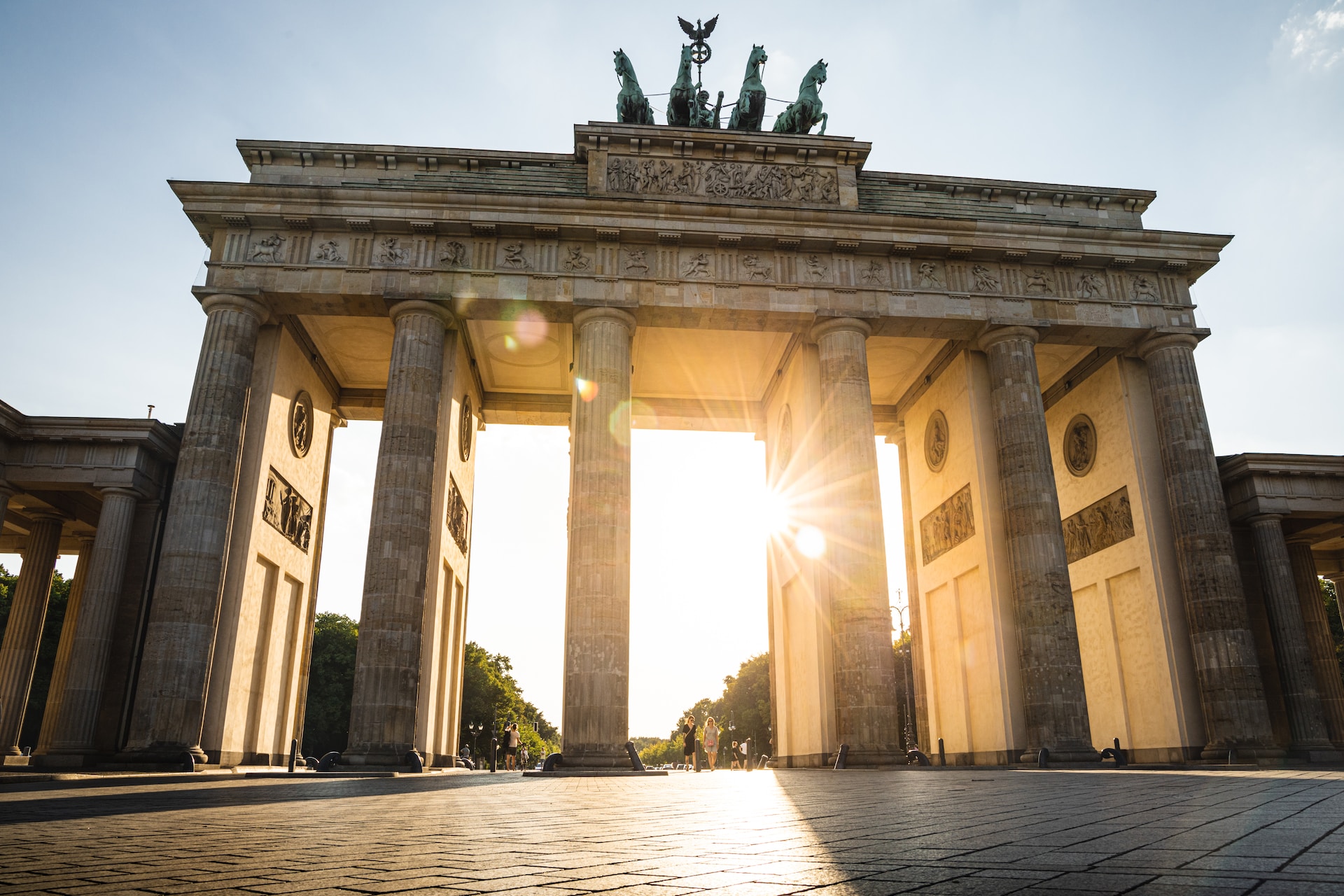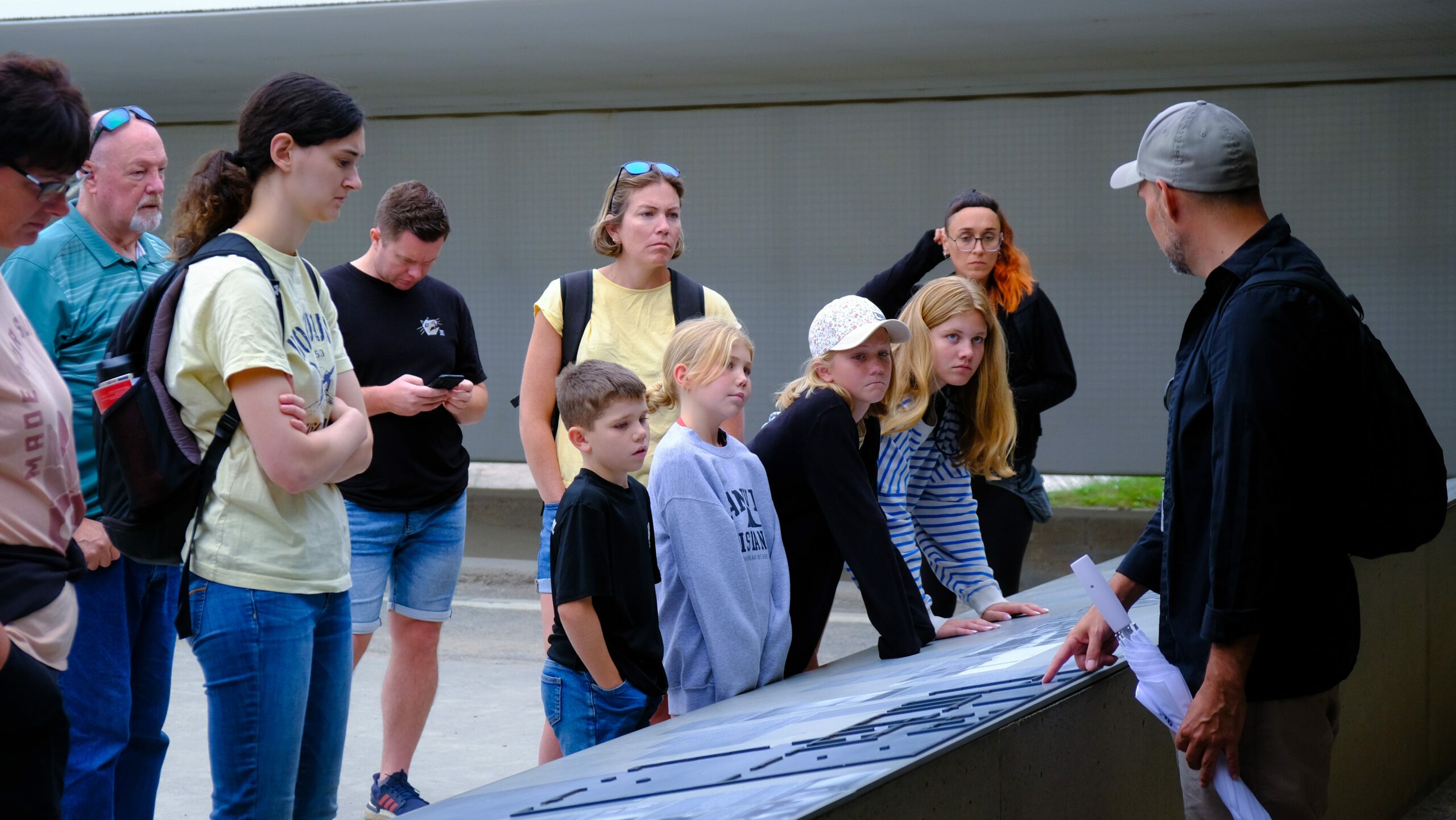The Berlin neighborhood Kreuzberg stands out through its varied cultural makeup alongside an artistic way of living and strong music culture. The musical activities in this community succeed in building peace by uniting individuals regardless of their cultural origins which results in a harmonious environment. The following text examines the ways music promotes peaceful coexistence within Kreuzberg and its worthiness of recognition.
Kreuzberg: An Introduction
The area known as Kreuzberg features exciting historical developments because its mix of residents combined with becoming a cultural center. Kreuzberg hosts populations from different ethnicities and religions and nationalities which compose a special mix of diverse cultures. A mixture of cultures in Kreuzberg enabled the development of its energetic musical community which has built tolerance and openness toward its residents.
The Role of Music in Building Bridges
Music demonstrates remarkable power which enables people to interact deeply across linguistic differences. The music scene of Kreuzberg presents diverse musical styles which include punk rock together with hip-hop and jazz and electronic music types and multiple other genres between them. Different communities within this environment find ways to express themselves leading to increased openness between their members.
A Platform for Expression
Through both music venues and open-air festivals in Kreuzberg artists along with musicians obtain the opportunity to display their artistic abilities and communicate their messages with the community. These spaces promote open expression together with artistic liberties thus building an inclusive space for everyone. Music artists use their music to deliver messages about social and political topics so people become more aware while they start conversations about these subjects.
Music as a Universal Language
Despite variations in culture music addresses human emotional cores by creating social bonds between everybody. The community gathers at Fête de la Musique together with the Carnival of Cultures to honor the musical power through joint celebrations. The neighborhood displays its multicultural heritage through these events that present various performances to unite people from all backgrounds.
Music as a Catalyst for Social Change
Through music musicians in Kreuzberg actively create opportunities to promote social transformations and express their opinions on political matters. Their songs evoke social problems while expressing views about marginalized populations. Musicians such as Kool Savas and KRS-One present hip-hop performances in Kreuzberg that depict social inequality as well as the discriminatory treatment of immigrant communities.
Community Engagement and Collaboration
Music fosters collaboration and community engagement. Mothers organize benefit shows along with fundraising activities and educational sessions that let community members help causes which matter to them. Music functions as an inspirational force which drives people to unite for developing a superior social structure.
Creating Safe Spaces
Music venues in Kreuzberg create both entertainment spaces and protective areas where minorities find acceptance in addition to hearing performances. The venues maintain spaces that do not allow discrimination while dedicating efforts to build environments based on inclusivity along with respect for every person.
The Impact of Music on Individuals
The lifestyle of Kreuzberg residents depends crucially on music which shapes their lives. Through music many residents discover outbound inspiration as well as comfort while using it for therapeutic purposes. The ability of music to help individuals maintain mental health along with emotional recovery stands as a force too powerful to measure.
Empowerment and Identity
The power of music enables people to uncover their voice which helps them share their personal identity with others. The musical community of Kreuzberg allows residents to discover artists whose lives mirror their own so they can find empowerment through musical expressions. The musical preferences among the population extend from punk through electronic to traditional folk music because every person discovers some musical voice that feels right to them.
Cultural Preservation
The preservation of cultural traditions together with traditional values happens because of music. The music scene of Kreuzberg welcomes musicians from various backgrounds to enable its residents to cherish their personal musical heritage alongside appreciating the diverse musical expressions of others.
Conclusion
Music festival Musik und Frieden (Music and Peace) actively promotes peace among Kreuzberg residents. The eclectic musical community of this neighborhood combines people into one common rhythm which triggers understanding between individuals and drives social transformation. Kreuzberg benefits from the establishment of welcoming environments as well as community support and cultural celebration of numerous communities which results in an overall harmonious and peaceful space. Discovering Kreuzberg’s music scene offers anyone a rewarding journey through the neighborhood and its attitude of accepting unity.
Table of Contents




